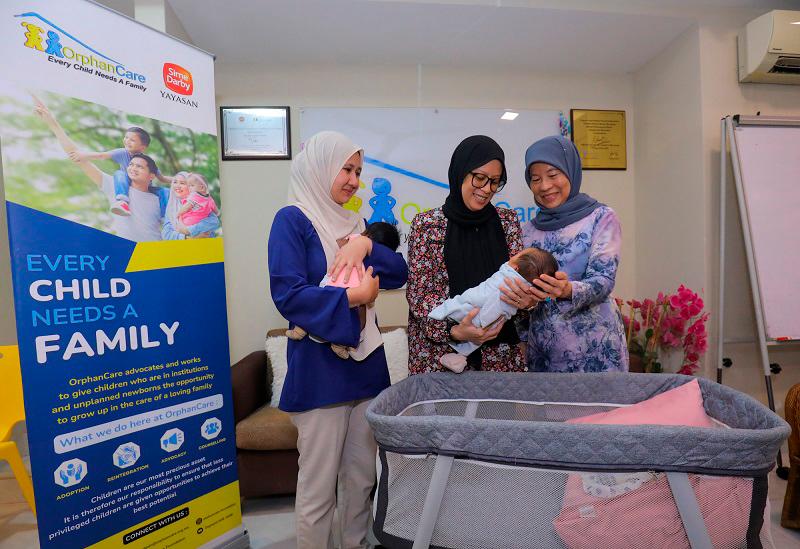PETALING JAYA: OrphanCare, an NGO which has been dedicated to rescuing vulnerable babies and supporting mothers and disadvantaged children for the past 16 years, is calling on the community to support its fundraising drive to sustain its mission.
Its chairman Tan Sri Faizah Mohd Tahir said OrphanCare, which started Malaysia’s first baby hatch to support young women dealing with unplanned pregnancies, has made significant strides in its work.
“However, we have faced many challenges, particularly in securing the financial resources necessary to sustain our efforts.
“To address this, we are organising a fundraising high tea on Nov 23 at Berjaya Times Square Hotel in Kuala Lumpur, which will be graced by our long-standing royal patron, Sultanah Hajjah Kalsom Abdullah.”
Faizah said to continue its efforts, OrphanCare requires about RM70,000 monthly to fund operations across its three branches in Petaling Jaya, Sungai Petani and Johor Bahru.
She expressed hope that more people will help it to continue providing its essential services.
“We also have partnerships with KPJ hospitals nationwide and An-Nur Specialist Hospital, which houses baby hatches,” she said.
Faizah said OrphanCare also
aims to prevent long term institutionalisation by reintegrating children with their families or placing them with adoptive parents to ensure they grow up in “nurturing family environments”.
“To date, OrphanCare has reintegrated 82 children from institutional care back to their families. This is among the efforts we plan to focus on more.”
Since its founding in 2008, it has saved 635 babies through 505 birth mothers who sought help directly, while 126 babies were placed in its baby hatches.
She said of the children, 396 have found loving homes through adoption, while 224 were ultimately cared for by their parents.
Faizah said children in institutional care often face numerous hardships, including mental and physical health challenges, limited educational opportunities and lack of family nurturing.
She said based on their statistics, many individuals who seek help are university students or young graduates, aged between 18 and 27, who make up about 80% of cases.
“We have assisted mothers as young as 14 and as old as 40, and we welcome individuals from various backgrounds, including foreign nationals.
“For certain cases, although we do not close our doors to anyone, we often provide additional guidance to foreign parents, particularly regarding options for adoption and other support services for their babies,” she said.
Faizah also stressed that placing an infant in a baby hatch is not a crime, but an act of saving a life.
She said despite misconceptions, the organisation’s baby hatches are solely intended to prevent abandonment and give babies a chance for a safe and stable future.









